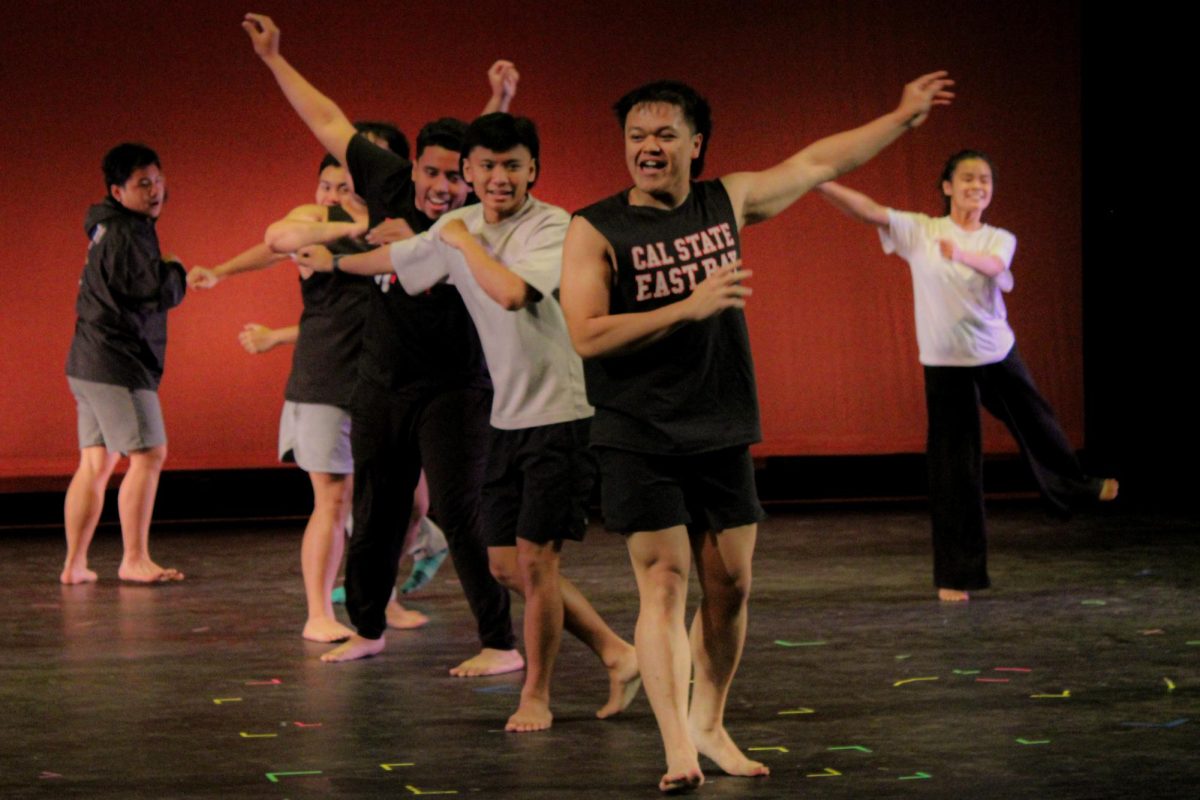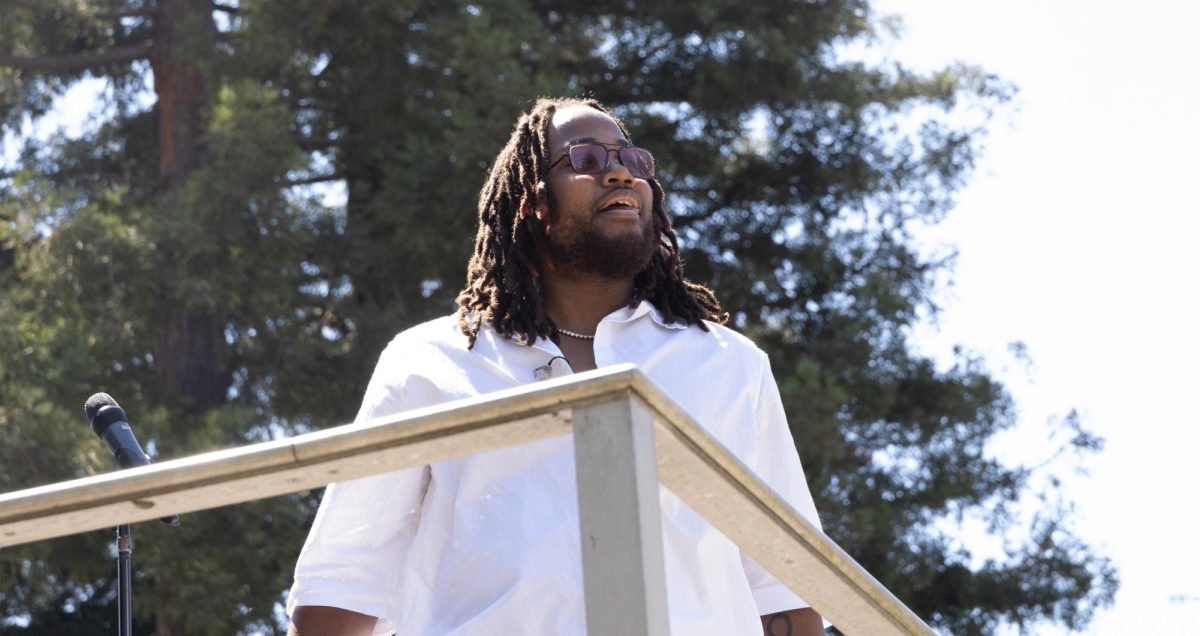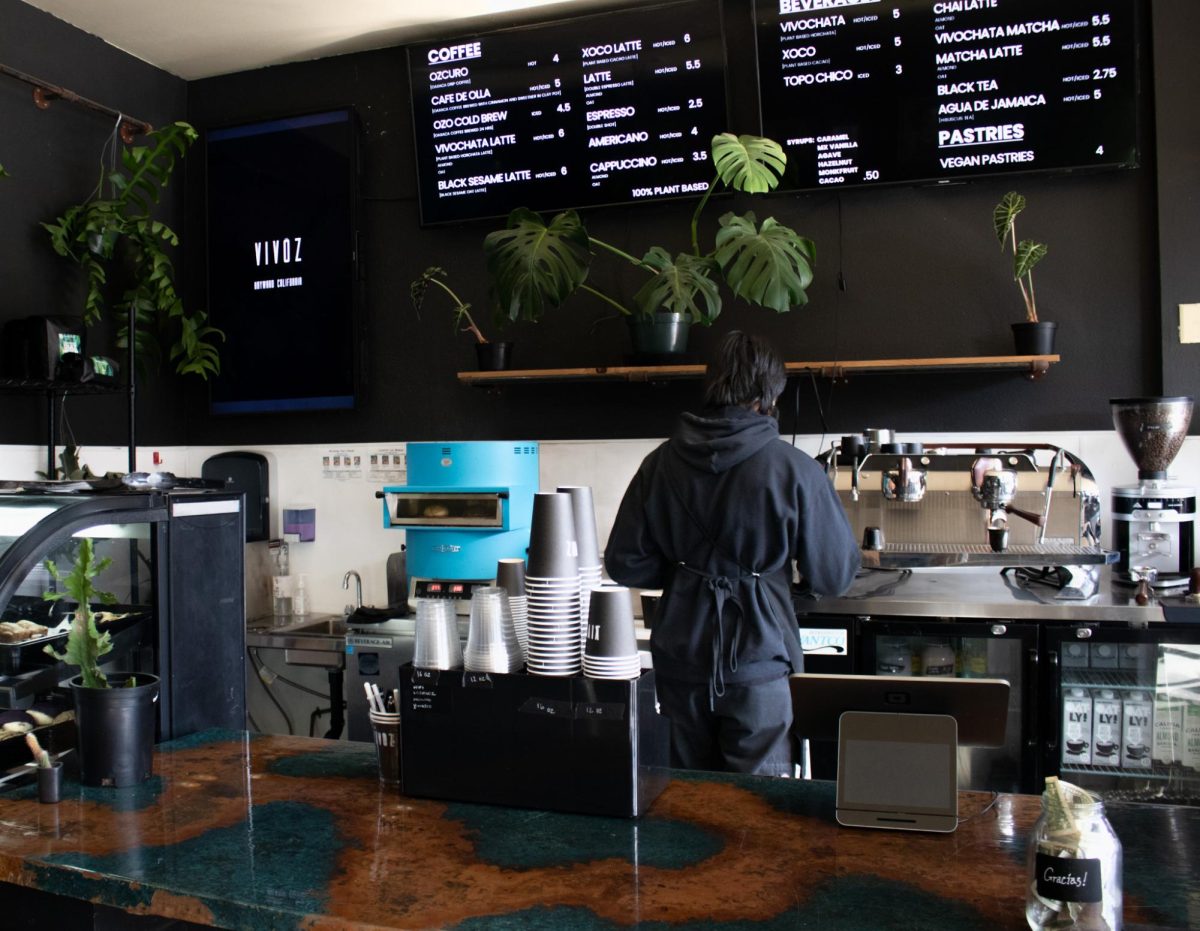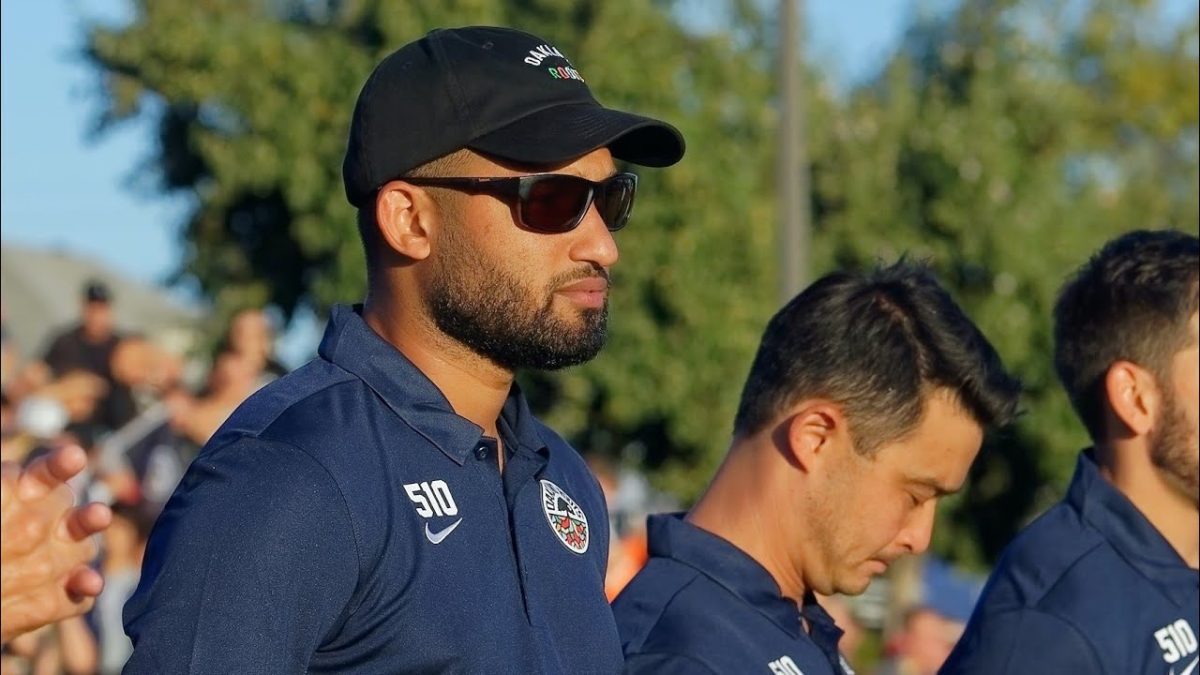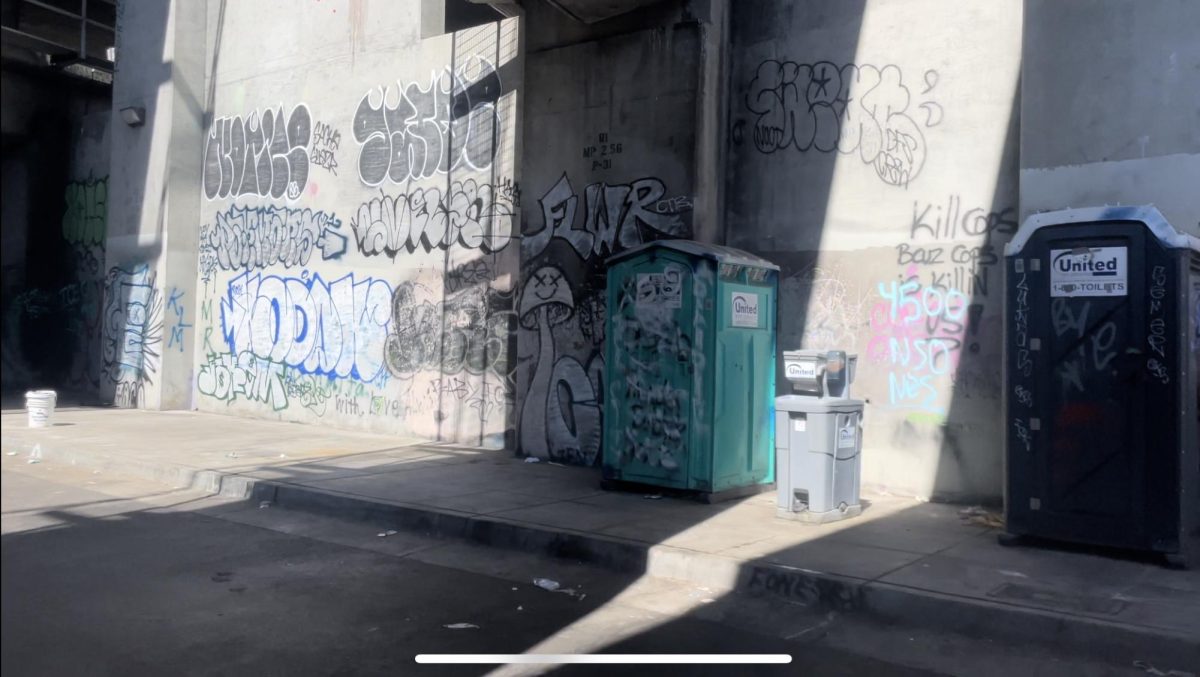
Students have been reacting to a potential classroom policy currently being implemented by some professors, reported primarily being in the English department, where CSUEB students may no longer be able to record lectures without explicit permission from their classmates.
The rules would contend that it would be a violation to “film, take pictures or record during class without the permission of the instructor and all students in the class.”
The language in the university’s current official lecture recording policy only requires that students inform the professor and not the entire class. It also mandates that students not share any recorded lectures or keep them for longer than 14 days after the course ends.
Information obtained in interviews with department professors revealed that the English department faculty, in particular, was notified of the potential recording requirements change prior to the 2012 Winter Quarter via a message on their shared Linkserv account.
Dr. Dennis Chester, head of the Department of English, said that while the department’s new stance is still in discussion amongst faculty, the goal of the proposed change is to protect students’ rights to privacy saying that, “not all students want to be recorded either by audio or video and they should have the opportunity to decline.”
Privacy concerns have been raised by an English student on at least one occasion in the past, according to Dr. Chester.
Privacy rights issues like the ones the department hopes to avoid have been on display recently at the University of Missouri.
In April 2011, lectures that were recorded at a joint UM-Kansas City and UM-St. Louis Labor Studies course were cut by amateur editors to falsely depict professors Don Giljum and Judy Ancel promoting sedition and anti-American sentiments.
The edited videos caught the attention of the university after they were posted to Andrew Breitbart’s “Big Government” website, a conservative-leaning news aggregation site. A university investigation determined that the video snippets were taken out of context, and both professors were cleared.
On December 28, 2011, The Colombia Daily Tribune reported that Steve Owens, interim president of U-M, introduced a stricter classroom recording policy in response to the April 2011 incident, effectively banning any U-M lecture recording from taking place.
In response, Missouri congressman Paul Curtman (R-Pacific) filed legislation on Jan. 19 that would void Owens’ new U-M policy, allowing all Missouri college students to record classroom lectures and do with them as they wish.
The U-M privacy issues come at the same time as the public outrage created by the federal government’s attempts to pass two bills – the Stop Online Piracy Act (SOPA), and the Protect Intellectual Property Act (PIPA) – that would allow censorship of the Internet.
The bills incited massive protests by popular sites across the web. Support for the bills has since waned, leaving them postponed for redraft and future consideration.
While concerns over personal privacy in the age of YouTube and Twitter are on the rise, the hugely negative reaction to the bills indicates the general public’s unwillingness to give the government the ability to control the Internet.
The potential classroom recording policy coincides with these two clashing developments, but department professors say they do not expect it to change their way of teaching.
“Frankly, I doubt that this policy will have any effect on how I teach,” said Cynthia Andrzejczyk, an English Department faculty member. “I don’t give much thought to be video recorded, and even if I did, what would it matter?”
Her concern is mainly “for the privacy of other students.”
“That is why I believe the policy is in place, to protect students’ rights to privacy,” explained Andrzejczyk.
Students are equally unconcerned.
“I don’t see much of a difference either way,” said English major Rachael Leone. “I tend not to even notice if other students are recording.”





